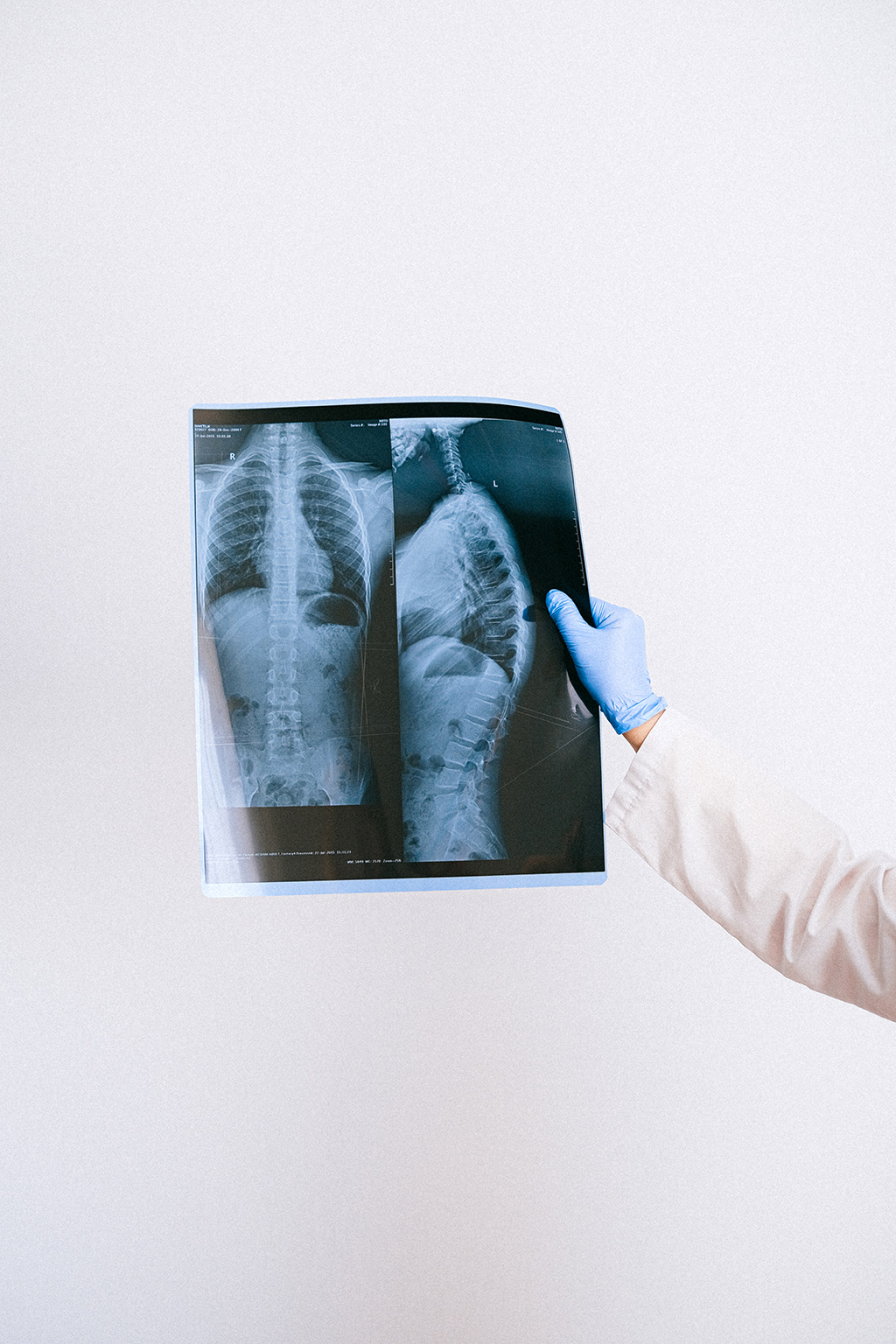AI System Quickly and Automatically Evaluates Chest X-Rays for TB
Posted on 07 Sep 2022
Tuberculosis (TB) is an infectious disease of the lungs that kills more than a million people worldwide every year. The COVID-19 pandemic has exacerbated the problem, with recent reports indicating that 21% fewer people received care for TB in 2020 than in 2019. Almost 90% of the active TB infections occur in about 30 countries, many with scarce resources needed to address this public health problem. Cost-effective TB screening using chest X-rays and artificial intelligence (AI) has the potential to improve access to healthcare, particularly in difficult-to-reach populations. Now, an AI system that detects TB in chest X-rays at a level comparable to radiologists may be able to aid screening in areas with limited radiologist resources.
Scientists at Google Health AI (Mountain View, CA, USA) have developed and assessed an AI system that can quickly and automatically evaluate chest X-rays for TB. The system uses deep learning, a type of AI that can be applied to teach the computer to recognize and predict medical conditions. The researchers developed the system using data from nine countries. They then tested it on data from five countries, covering multiple high-TB-burden countries, various clinical settings and a wide range of races and ethnicities. Over 165,000 images from more than 22,000 patients were used for model development and testing.

Analysis with 14 international radiologists showed that the deep-learning method was comparable to radiologists for the determination of active TB on chest X-rays. Trends were similar across different patient subgroups, including a test set from gold miners in South Africa, a group with a high prevalence of TB, compared to the general public. If additional research supports the results, the deep-learning system could be used to automatically screen chest X-ray results for TB. People who test positive would then receive a sputum test or nucleic acid amplification testing (NAAT). These tests are relatively expensive, but if AI could filter the patients who need the test, the benefits would be extensive. Simulations using the deep-learning system to identify likely TB positive chest X-rays for NAAT confirmation reduced the cost by 40% to 80% per positive TB patient detected.
“We wanted to see if this system predicts TB on par with radiologists, and that’s what the study is showing,” said study co-author Rory Pilgrim, B.Eng., a product manager at Google Health AI. “AI performed really well with a variety of patients.”
“What’s especially promising in this study is that we looked at a range of different datasets that reflected the breadth of TB presentation, different equipment and different clinical workflows,” said first author Sahar Kazemzadeh, B.S., software engineer at Google Health. “We found that this deep-learning system performs really well with all of them with a single operating point that was pre-selected based on a development dataset, something that other medical imaging AI systems have found challenging.”
Related Links:
Google Health AI














